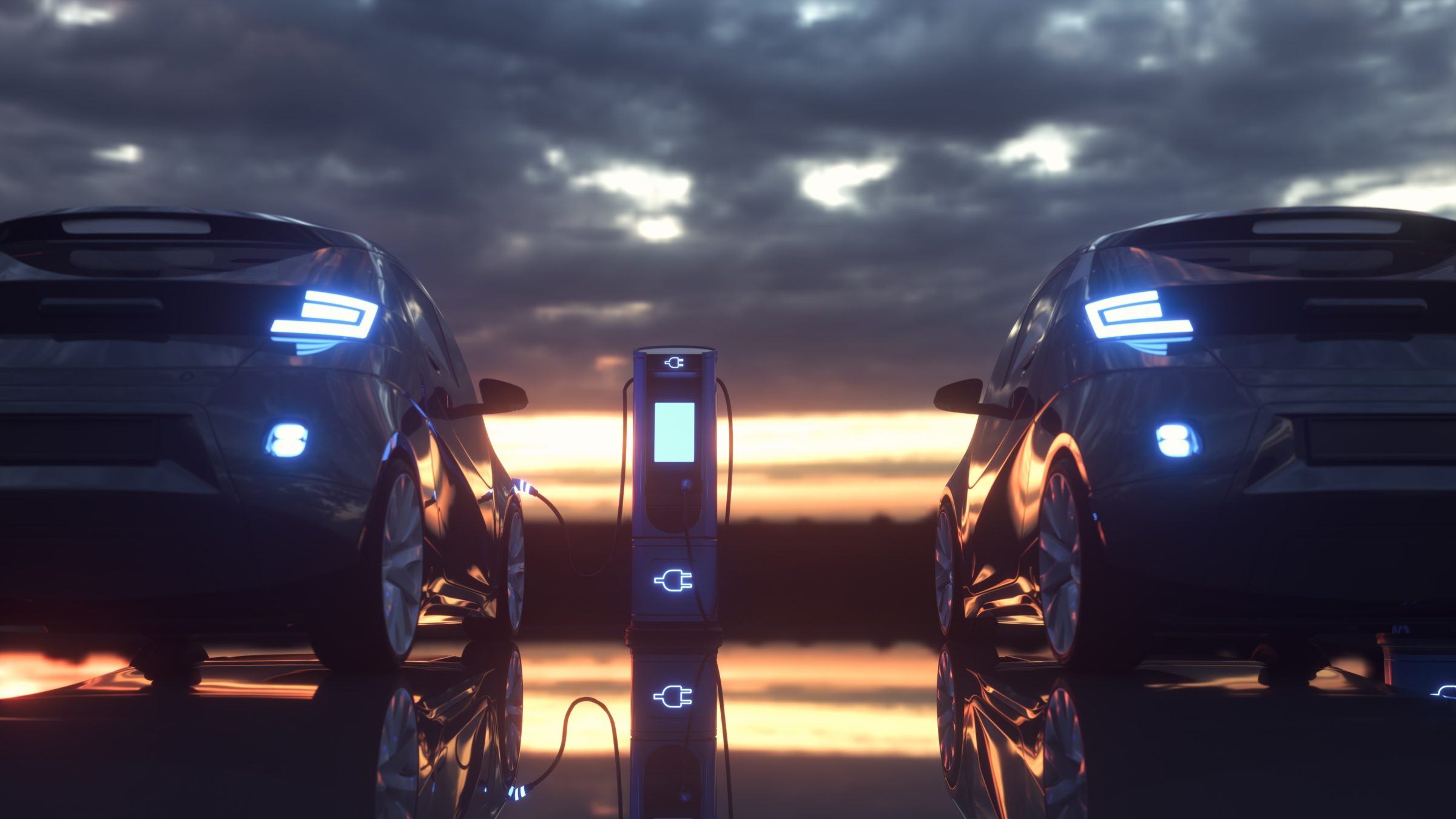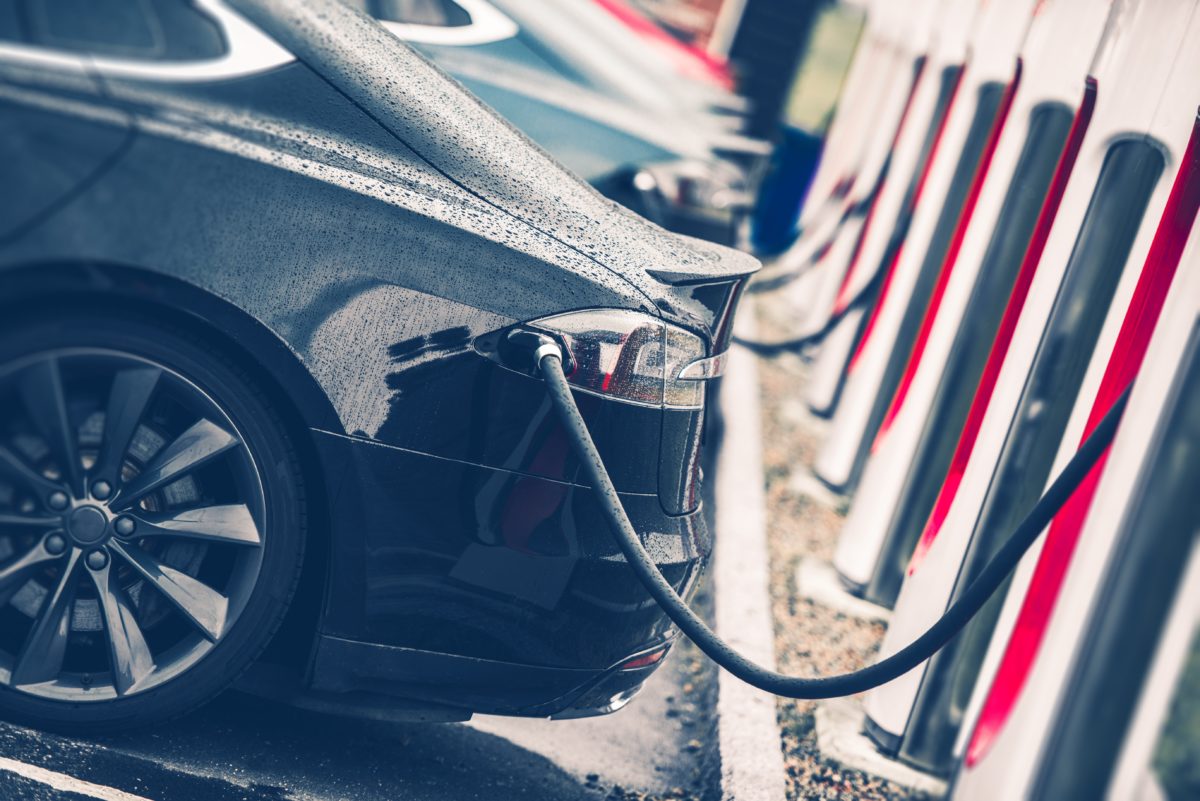LaHood, Obama, Congress Face Transportation Challenges
President-elect Barack Obama Friday is to name retiring Illinois Congressman Ray LaHood the next U.S. Department of Transportation Secretary. Though he has served on the House Transportation Committee, moderate Republican LaHood’s upside is his well established role as a bipartisan diplomat with close ties to Obama’s Chief of Staff Rahm Emanuel, as the Chicago Tribune reports. He’ll need to use well the relationships he’s built in seven congressional terms. The surface transportation landscape poses big challenges and real opportunities for establishing a new way of doing business. This article about LaHood’s appointment, from the New York Times, highlights several important menu items. Mr. LaHood…has overseen major spending projects as a member of the House Appropriations Committee….The next transportation secretary will Read More ›


